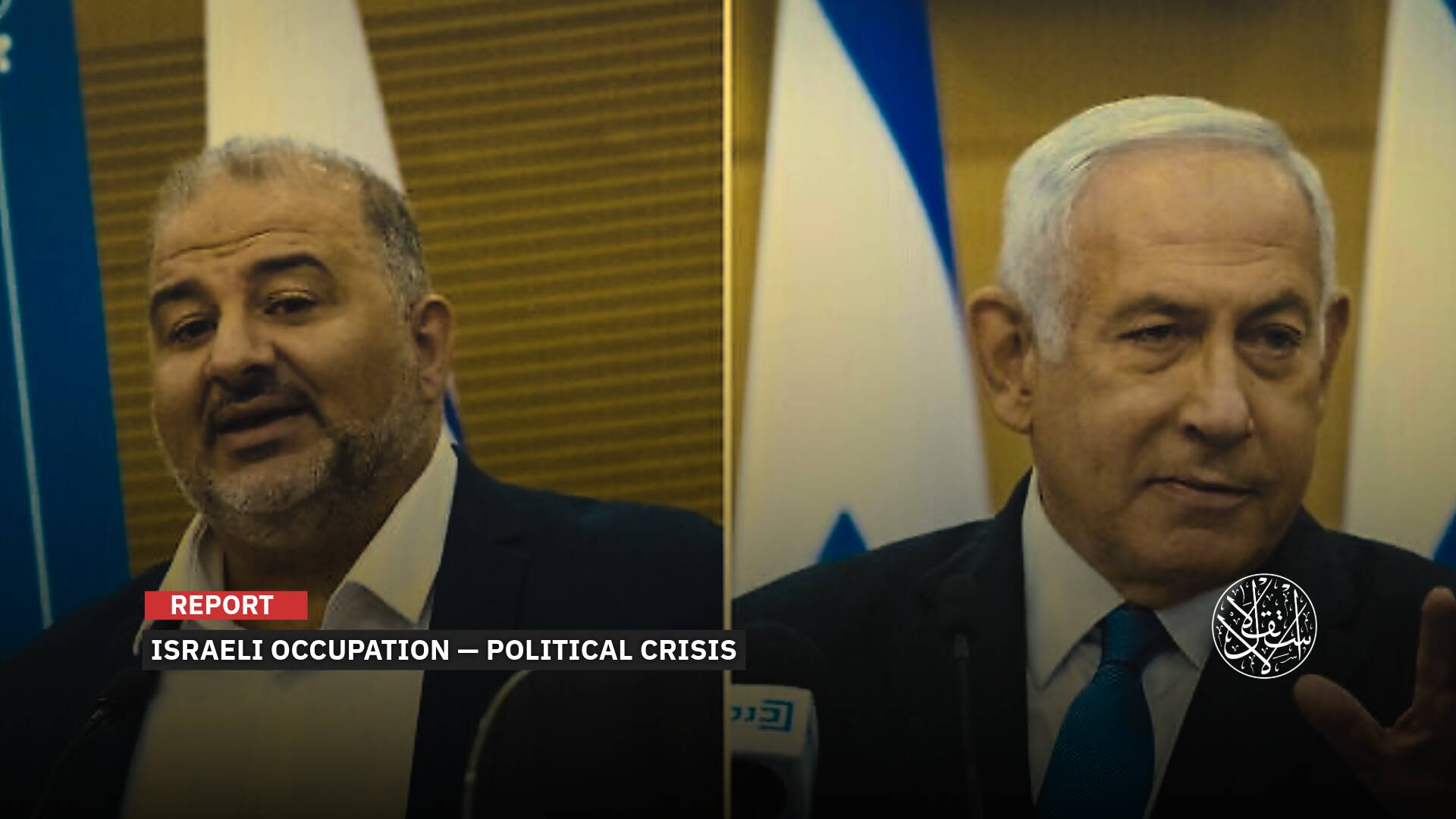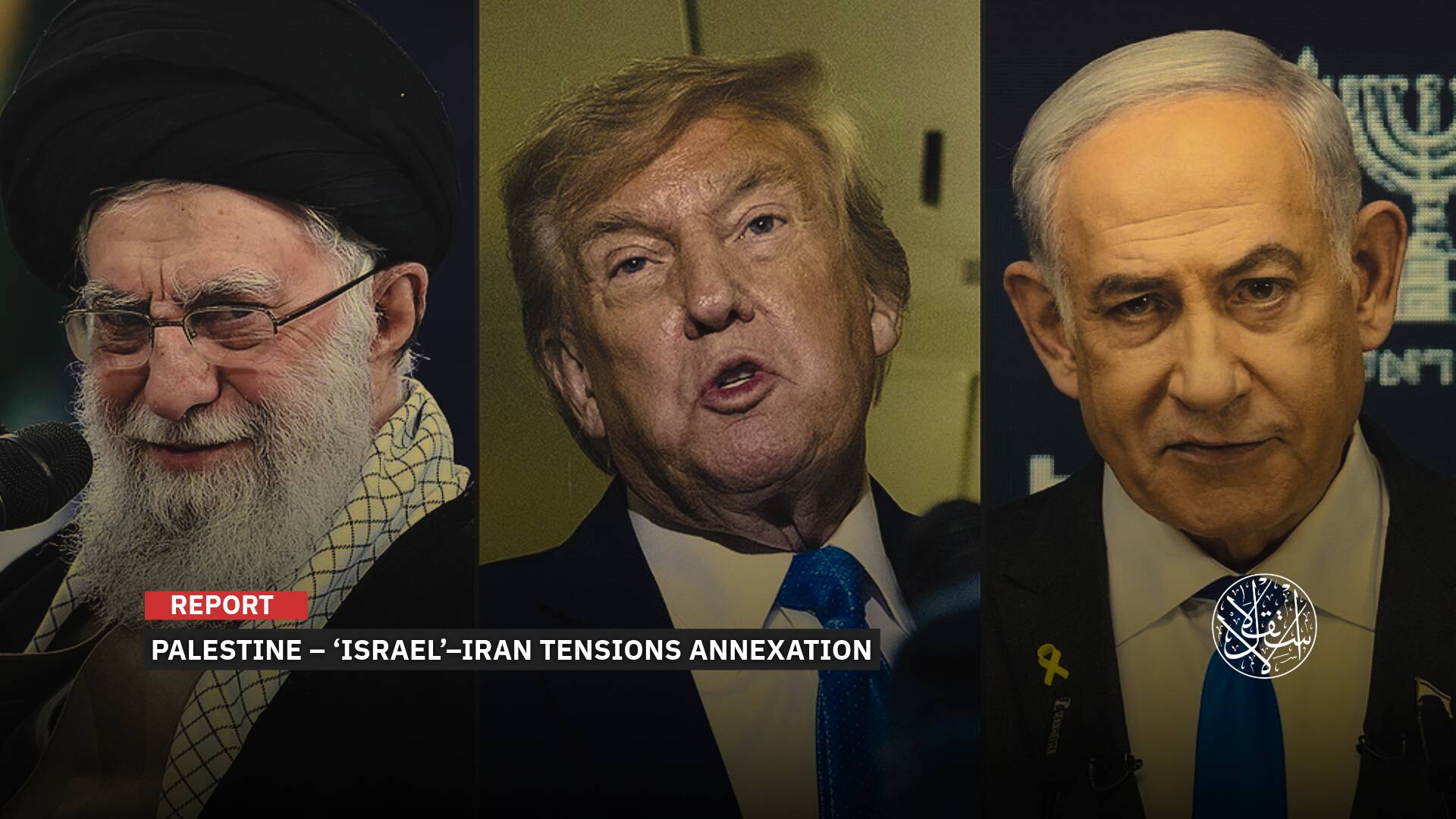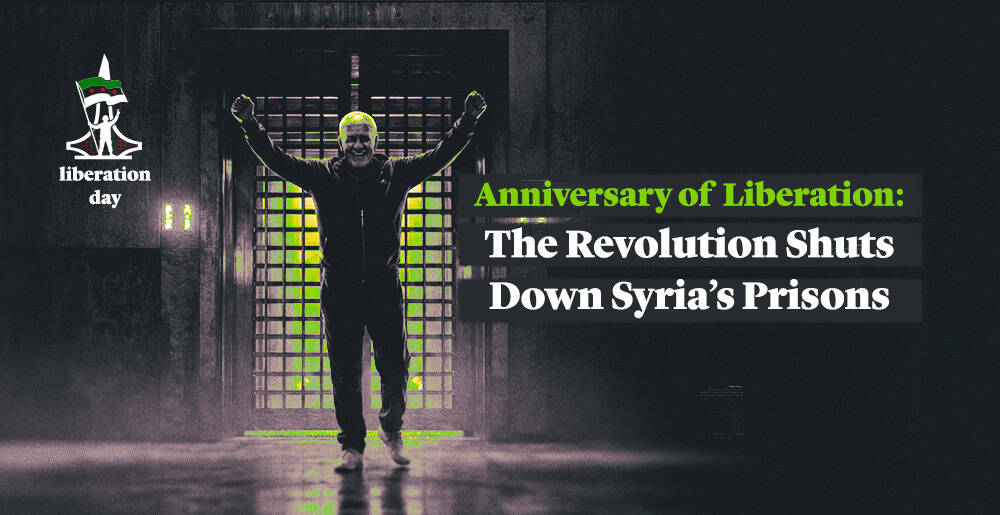Amid International Condemnation: How ‘Israel’ Became a De Facto Settler State

In a third and final reading, the Knesset approved the repeal of the disengagement law passed by the Sharon government in 2005, according to which the Israeli Occupation unilaterally withdrew from all settlements in Gaza and four in the northern West Bank.
The new legislation paves the way for Israeli settlers to return to these sites after an 18-year ban, reflecting the Israeli right’s settlement ambitions, which wants to revive the settlement project in the northern West Bank again.
Before the vote on the draft law, the Palestinian Ministry of Foreign Affairs warned of further escalation of the conflict, and after its issuance, the United States and the European Union expressed their concern in this regard.
It is noteworthy that “Israel” had pledged to stop settlement activity in the occupied Palestinian territories for a period of 6 months at the Sharm el-Sheikh security summit in Egypt, which witnessed a meeting of high-ranking political and security officials from Egypt, Palestine, “Israel,” Jordan, and the United States.
Most countries deem the settlements illegal for taking up land which “Israel” captured in the 1967 Middle East war.
Settlers’ Return
On March 21, 2023, the Israeli Knesset approved, in the second and third (final) reading, the proposal to cancel the disengagement law from the northern West Bank, which was supported by 31 members while opposed by 18.
In turn, Israeli Prime Minister Benjamin Netanyahu indicated, in a statement issued by his office on March 22, 2023, that the repeal of provisions of the disengagement law puts an end to a discriminatory and humiliating law that prohibits Jews from living in areas in the northern West Bank, as he put it.
“The northern West Bank is part of our historic homeland, and yet we do not intend to establish new settlements there,” Netanyahu said.
According to the Hebrew Walla website, the law approved by the Israeli Knesset cancels the provisions that prevent settlers from entering and remaining in the northern West Bank areas that were evacuated in 2005, and include the settlements of Homesh, Sa-Nur, Ganim, and Kadim.
Observers say that the abolition of the disengagement law does not mean a return to the Gaza Strip, but it opens the way for settlers’ return to build settlements in the northern West Bank, which will become similar to Area C.
In turn, the far-right Minister of National Missions, Orit Strock, said in Netanyahu’s government that the new law was a step towards retaking control of the Gaza Strip and re-settlement there.
“Our first step will be to legalize the Homesh Yeshiva and then we will gradually renew settlement in the area,” Strock said, praising the new legislation in a March 21, 2023 interview with the right-wing Israeli News outlet, expecting that the next step would be to return to the Gaza Strip.
On her part, Labour leader Merav Michaeli criticized Strock’s comments.
“This crazy behavior from Orit Strock and her promises to return Israel to the bloody quagmire of Gaza just reiterates again and again that the greatest danger to Israel comes from extremist settlers. In order to fulfill their messianic fanaticism, their leadership is willing to waste the lives of our soldiers,” Michaeli added.

On the other hand, Yedioth Ahronoth newspaper considered that amending the provisions of the disengagement law means, for the first time, a decision for the Israelis to return to a place that was previously vacated by political decisions and under international supervision.
The new law would bolster the right-wing coalition’s efforts to legalize the illegal Homesh outpost and the yeshiva built there, which activists have repeatedly tried to re-establish since 2005.
Over the past months, the Supreme Court has considered a petition demanding the eviction of the Homesh outpost, which was built on private Palestinian land.
The Public Prosecution of the Israeli Occupation responded to the petition that this outpost should be evacuated, but the prosecution informed the court in January that it intends to amend the disengagement law, and this outpost will not be evacuated.
The head of the Israeli army’s central command has yet to sign a military order allowing Israelis to return to those areas.
The law was introduced seven consecutive times in seven different governments at the request of the head of the Samaria Regional Council, Yossi Dagan, who was himself expelled from the Sa-Nur outpost.

Colonial Settlement
In February 2023, the Israeli Occupation took several unprecedented decisions to strengthen settlements in the West Bank, disregarding the truce efforts made by regional and international parties.
The first step was the cabinet’s approval of the legalization of nine settlement outposts: in other words, obtaining legal recognition and turning them into recognized settlements, providing them with electricity, water, and other services, strengthening the infrastructure, and further building in the existing settlements.
Settlement outposts mean sites established by settlers on lands that are under private Palestinian ownership or confiscated by the Occupation forces but without the approval of the Israeli government for their establishment.
As for the second step, it was the approval of a government ministerial committee for legislative affairs on a draft law to cancel the disengagement law of 2005.
The disengagement law dates back to the late Prime Minister Ariel Sharon’s plan, which he handed over in 2004 to former U.S. President George Bush as part of efforts to revive the peace process, which provided for the evacuation of the settlements of the Gaza Strip, and 4 settlements in the northern West Bank, in exchange for U.S. guarantees recognizing the major outposts in the West Bank.
With the disengagement plan at that time, Sharon wanted to release “Israel” from responsibility for the Palestinians in the Gaza Strip in the first place.
In turn, researcher Mohamed Kayal said in a statement to Al-Estiklal that the Netanyahu government’s intention to cancel the disengagement law means giving the green light to the settlers who were evacuated in 2005 and others to return, settle, and further expand at the expense of the Palestinian lands.
He also indicated that the new decision does not mean the return of the Israelis to several settlements only, but rather that the Israeli government does not recognize the illegality of the settlements, which confirms that Tel Aviv will not allow a sovereign Palestinian state, nor self-determination, and reveals that the Oslo agreement is a burden on the Palestinians and beneficial to the settlers.
Mr. Kayal concluded by saying: “Israel” is no longer a government that builds settlements. Rather, it has become a colonial settlement project, but it has a Knesset and a state.

It is noteworthy that the approval by the Israeli Knesset, with three readings, of extending the validity of emergency regulations and imposing Israeli laws in the West Bank last January carried messages indicating that the Netanyahu government is moving towards expanding the settlement project, the gradual annexation of the West Bank, and the weakening of the Palestinian Authority.
The Israeli Knesset extended the emergency law in the West Bank for an additional period of 5 years, with the support of 39 members of the Knesset, compared to the opposition of twelve members; the law—enacted in 1967—was provided for treating settlers in the West Bank as citizens in “Israel.”
The acceleration of the far-right government’s approval of emergency regulations in the West Bank reflected the agreements that paved the way for the formation of the current government coalition in partnership with the Likud, the religious Zionist alliance, and the Haredi parties that reject any settlement with the Palestinian Authority and oppose the establishment of any Palestinian state in the West Bank, even if it is demilitarized.
This also suggests that the Netanyahu government views the West Bank as an integral part of what is called “the Land of Israel,” as it affirms that settlement in Palestine is an exclusive right of the Jewish people by adopting the agenda of the Religious Zionist Alliance Party headed by Minister Bezalel Smotrich, which calls for dismantling the so-called Civil Administration and annexing the West Bank to Israeli sovereignty.

International Condemnations
The revocation of the disengagement law in the northern West Bank by the Israeli Knesset government drew strong criticism from the international community, including from the European Union, the United States, Turkiye, and Germany.
Israel’s ambassador to the United States was summoned to the State Department for an unscheduled meeting on March 21, 2023, in a rare move by the Biden administration aimed at escalating its protest against the law’s passage by the Knesset, a U.S. official told The Times of Israel.
A statement issued by the U.S. after Ambassador Mike Herzog’s meeting with U.S. Deputy Secretary of State Wendy Sherman said the U.S. official had expressed U.S. concern regarding aspects of the disengagement law, which the Knesset recently voted to repeal.
Hours earlier, U.S. State Department Deputy Spokesperson Vedant Patel had opened the daily press conference with a lengthy statement condemning the Knesset’s vote to rescind parts of the disengagement law.
Patel said the move contradicts the commitments of “Israel” to the United States, and Washington is deeply disturbed by the legislation, noting that the Homesh settlement was built on private Palestinian land.
He added that the law represents a clear contradiction with the understandings that the Israeli government provided to the United States, referring to a letter sent by then-Prime Minister Ariel Sharon to then-U.S. President George W. Bush some 20 years ago, in which the prime minister pledged to evacuate four settlements in the northern West Bank.

The European Union’s foreign policy arm also issued a statement calling on the Knesset to roll back the legislation, adding that it is counterproductive to de-escalation efforts, hinders the possibility of pursuing confidence-building measures, and creates a political horizon for dialogue.
In turn, the German Foreign Ministry strongly criticized the recent decision of the Israeli Knesset, noting that it represents a dangerous step towards the possibility of settlement activities again, expecting an escalation of clashes in the West Bank.
“The new Israeli measure threatens to further exacerbate the already tense security situation in the West Bank,” the statement added.
On its part, the Turkish Foreign Ministry expressed, in a statement on March 21, 2023, its condemnation of the Knesset’s approval of the amendment decision that cancels the provisions related to the evacuation of the settlements of Homesh, Ganim, Kadim, and Sanur in the northern West Bank.
French Foreign Ministry spokeswoman Anne-Claire Legendre said her country condemns this decision, which contravenes international law, has grave consequences, and is likely to exacerbate tensions, noting that “it also contradicts the commitments made by Israel barely a few days ago on the occasion of the Sharm el-Sheikh meeting.”
Foreign diplomats also announced their opposition to canceling the disengagement law, fearing that it would destabilize the region and increase tension. Among those was Australia’s ambassador to “Israel,” who said the repeal of the law is troubling and settlement activity undermines chances for peace and risks igniting tensions at a sensitive time.
Sources
- After strong US rebuke, PM says no plan for ‘new’ settlements in northern West Bank
- Then we retake Gaza: Hardline minister hails repeal of West Bank Disengagement
- Israel repeals 2005 act on West Bank settlement pullout
- Israel: Far-right coalition passes law to reestablish abandoned settlements
- Ban lifted on Israelis' return to evacuated West Bank settlements











